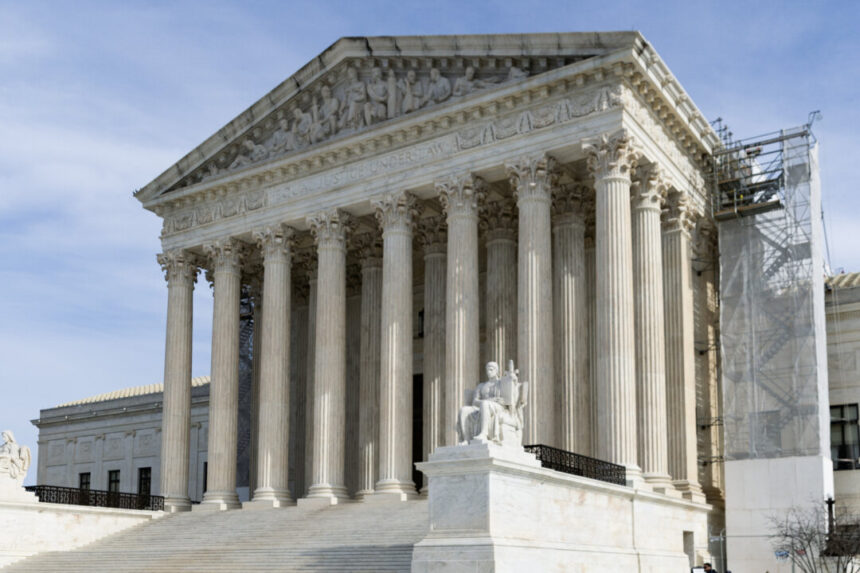The Supreme Court recently denied an appeal concerning the ability of U.S. citizens to challenge visa denials for their foreign citizen spouses in court. The case, known as Department of State v. Munoz, revolves around the legal principle of “consular nonreviewability,” which states that consular officials’ visa denials cannot be reviewed in court.
The case originated from a situation in 2005 when a Salvadoran citizen, Luis Asencio-Cordero, arrived in the United States. After marrying U.S. citizen Sandra Munoz in 2010 and having a child together, Mr. Asencio-Cordero sought a U.S. immigration visa. However, during his visa interview in El Salvador, he was subjected to scrutiny, including questions about his tattoos and criminal record.
Ultimately, officials deemed Mr. Asencio-Cordero criminally inadmissible to the United States, citing concerns about his tattoos and alleged affiliation with the MS-13 criminal organization. Despite Ms. Munoz’s efforts to challenge the visa denial in court, the government argued that the doctrine of consular nonreviewability prevented such challenges.
The case went through various legal proceedings, with conflicting rulings from different courts. While the federal district court sided with the government, the U.S. Court of Appeals for the 9th Circuit found that the application of consular nonreviewability in this case violated the Due Process Clause of the U.S. Constitution.
This ongoing legal battle highlights the complex issues surrounding visa denials, consular decisions, and constitutional rights. Stay tuned for updates on this developing story. Please rephrase this sentence.
Source link





